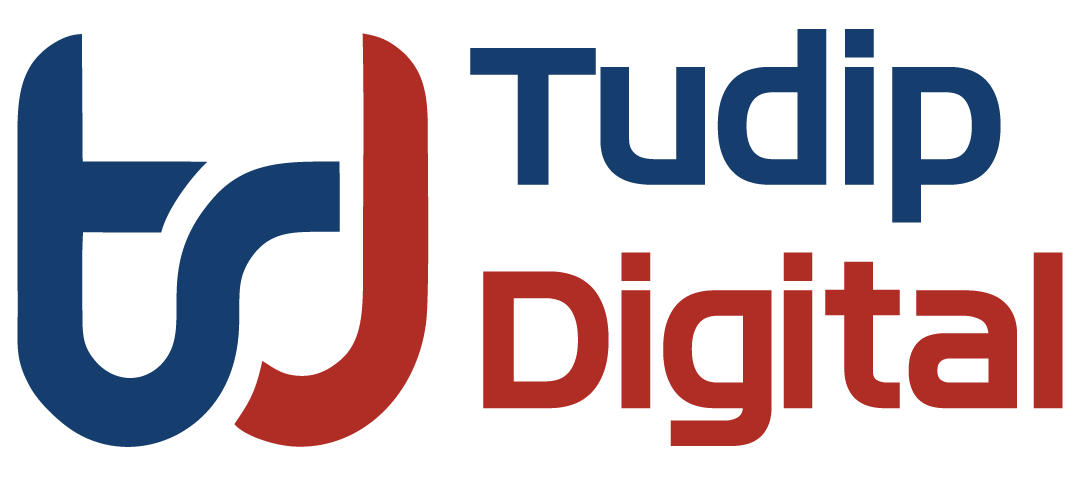09 May 2024
In the ever-evolving landscape of education, one of the most exciting developments in recent years has been the advent of adaptive learning algorithms. These sophisticated algorithms have the potential to revolutionize the way we learn by personalizing educational content to meet the unique needs of each learner. By leveraging the power of data and artificial intelligence, adaptive learning algorithms are reshaping traditional education models and paving the way for more effective and engaging learning experiences.
Understanding Adaptive Learning Algorithms
At its core, adaptive learning algorithm is a teaching method that uses technology to tailor educational materials and experiences to each student’s unique strengths, weaknesses, and learning preferences. Unlike traditional one-size-fits-all approaches, adaptive learning algorithms analyze data on students’ performance and behaviors to dynamically adjust the pace, difficulty, and content of instruction in real-time.
These algorithms utilize a variety of data points, including students’ responses to quizzes and assignments, their interaction with course materials, and even biometric data such as eye movement and heart rate, to continuously adapt and optimize the learning experience. This personalized approach allows students to receive targeted support and guidance precisely when and where they need it, ultimately leading to better outcomes.
Benefits of Adaptive Learning Algorithms
One of the primary advantages of adaptive learning algorithms is their ability to address the diverse needs and learning styles of individual students. By providing customized learning paths and resources, these algorithms empower students to progress at their own pace and focus on areas where they need the most help. This level of personalization can increase student engagement, motivation, and confidence, leading to improved academic performance and retention.
Additionally, adaptive learning algorithms enable educators to identify struggling students early on and provide timely interventions to prevent them from falling behind. By continuously monitoring student progress and adjusting instructional strategies accordingly, teachers can better support their students’ learning journey and facilitate mastery of key concepts.
Furthermore, adaptive learning algorithms have the potential to make education more accessible and inclusive by accommodating different learning abilities and preferences. Whether a student is a visual learner who thrives on interactive multimedia content or an auditory learner who prefers listening to lectures, adaptive learning algorithms can adapt the presentation of material to suit their individual needs.
Challenges and Considerations
While the promise of adaptive learning algorithms is vast, implementing them effectively requires careful consideration of several factors. Privacy and data security are paramount concerns, as these algorithms rely on collecting and analyzing large amounts of sensitive student data. It is essential to establish robust safeguards to protect the privacy of students and ensure that data is used ethically and responsibly.
Additionally, there is a need for ongoing research and evaluation to assess the effectiveness of adaptive learning algorithms and identify best practices for implementation. Educators must receive adequate training and support to effectively integrate these technologies into their teaching practices and maximize their impact on student learning.
The Future of Education
As technology continues to advance and our understanding of learning science deepens, the potential of adaptive learning algorithms to transform education is only beginning to be realized. By harnessing the power of data and artificial intelligence, these algorithms can create truly personalized learning experiences that meet the needs of every student, regardless of their background or abilities.
As we look to the future, it is clear that adaptive learning algorithms will play an increasingly central role in shaping the way we learn and teach. By embracing innovation and embracing the possibilities of adaptive learning, we can create a more equitable, engaging, and effective educational system that prepares students for success in the 21st century and beyond.









